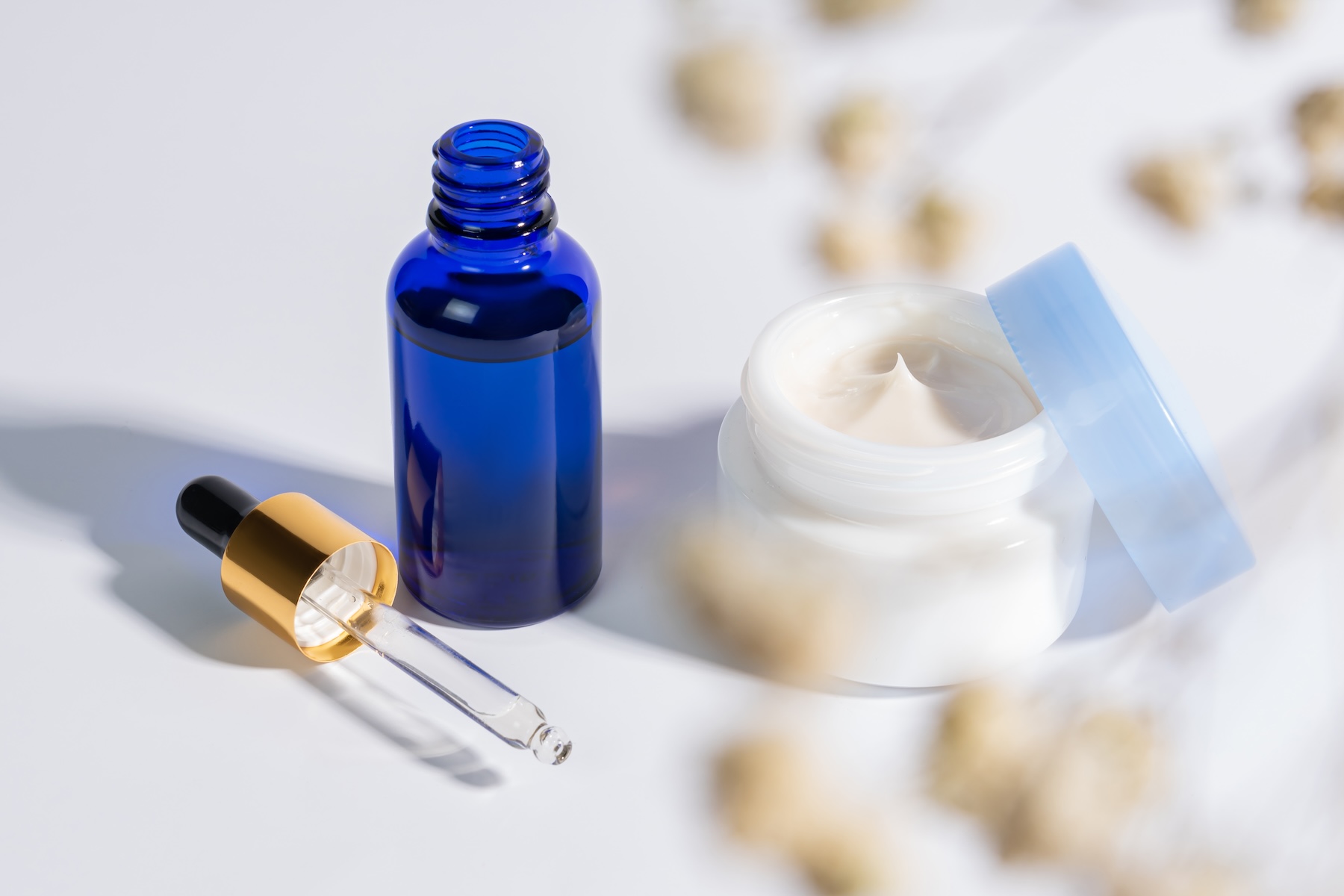It varies. Some peptides require daily administration because they only remain in your system for 24 hours. Other peptides are injected only on certain days of the week.
What does a Peptide Treat?
Peptides are chains of amino acids that naturally exist in your body, but their quantity decreases with age and disease. There are over 7000 peptides in your body and they help your cells communicate better, allowing your body to better repair itself. They also lend a helping hand in pain relief. Since peptides are naturally occurring in your body, they already know their way around and know what to do. Come see InterveneMD and learn about peptides in Charleston.
- Arthritis or Joint pain
- Back pain
- Neck pain
- Fatigue or Brain fog
- Gut health
- Immune system optimization
- Tennis or Golfers Elbow
- Plantar Fasciitis
- Bursitis
- Hormone Regulation
- Improvement in Sleep
- Weight Loss
- Anti-aging
- Performance boost
- Sexual health
- Stress and anxiety

Straight to the Source
Depending on treatment goals, peptides can be administered by injections, oral capsules, creams, or nasal sprays.
However, for most patients, we find self-administered injections (either with take-home vials or pre-loaded syringes) allow for quicker and more effective absorption.
But don’t worry; the needles are tiny and nearly painless, and we will teach you exactly how to do it!



Peptide Injection Traits
It’s Safe
Peptide injections are completely safe under the supervision and guidance of a professional. They also have very mild, if any, side effects.
They Work
Peptide injections provide effective relief for pain. They also give a boost to the systems that regulate hormones, sleep and weight loss, to name a few.
At Its Origin
Peptide injections treat pain and dysfunction at its origin, providing relief and better functioning. Peptides treat the source… not the symptom!
Discover Your Path to Longevity
Our online treatment planner matches you with
personalized recommendations based on your goals.



Todd Joye, MD, Owner of InterveneMD
20 years of experience practicing ortho/spine medicine
Optimize Your Treatment
- The injections are usually very well tolerated with no side effects or reactions. Very rarely, you may have mild bruising, itching, or soreness at the site.
- Some patients feel the benefits of within 2 weeks, but this depends on which peptide is being used. Some peptides can take up to 3 months to achieve the full effect.


How a Peptide Injection works

Why Choose InterveneMD
Cooperation
As with most everything, we work better as a team! When you’re ready to get started, you will meet with Dr. Joye to discuss your medical history and symptoms.
Expert Advice
The providers at InterveneMD are peptide certified by the SSRP and expertly trained. Their strategies for treatment will have you feeling better - and living better - in no time.
Trust
We know you have options to better your health, but we intend to earn your trust with the best results from peptides in Charleston.
Get started with InterveneMD and take the first step towards living a fuller, healthier life.

Frequently Asked Questions
Peptide injections comprise synthetic amino acid chains that closely mimic your body’s natural peptides. Once injected, they perform the same incredible actions that your own natural peptides would do. Depending on the peptides used, patients can eliminate pain, improve skin healing, rebuild muscle, and optimize sleep and hormonal cycles.
Patients are usually not limited in any way after peptide injections.
Step into InterveneMD, where science and rejuvenation converge. Experience revitalizing treatments and personalized care that help you enhance your daily living and experience lifelong vitality. InterveneMD offers advanced treatments from hormone optimization and shockwave therapy to Vasper exercise and prolotherapy. We explore functional medicine to provide patients with unmatched access to an empowered future.








